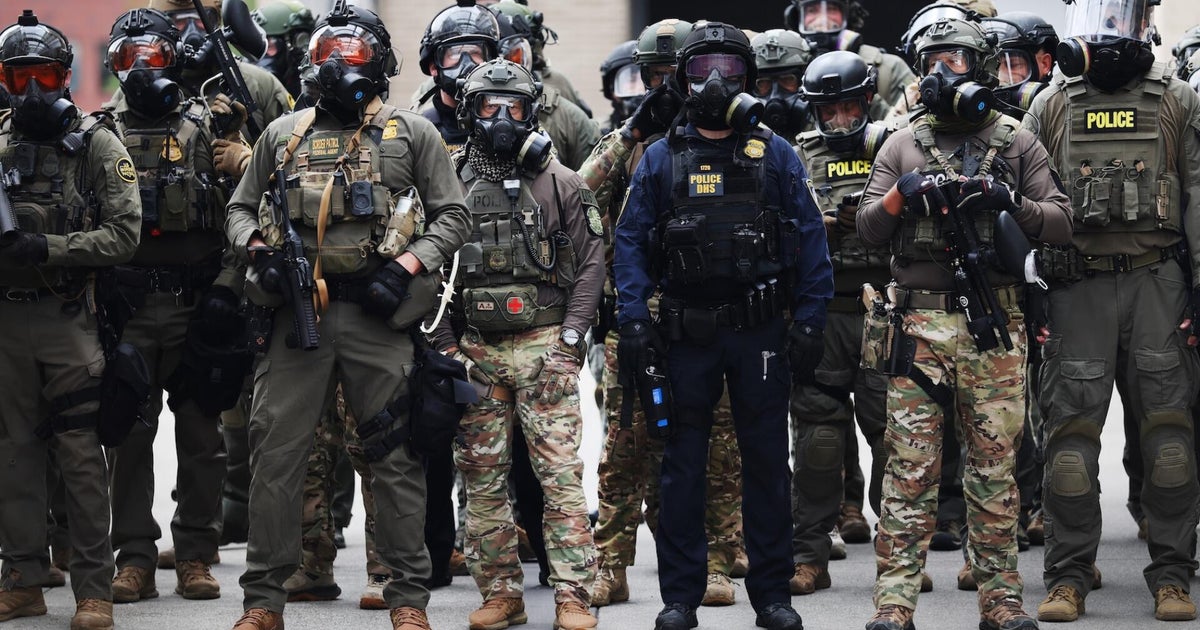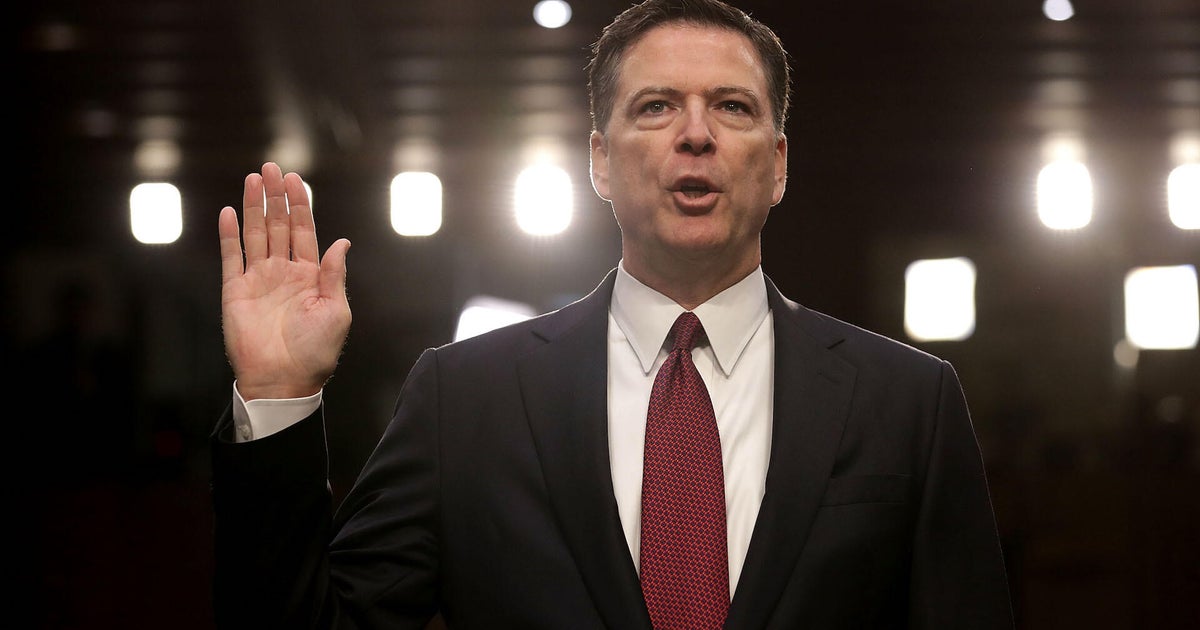Illinois and Chicago Move to Block National Guard Deployment: State vs. Federal Power in Focus
#national_guard #politics #law #illinois #state_federal_relations

Illinois and Chicago Move to Halt National Guard Deployment
Illinois Attorney General Kwame Raoul and the City of Chicago have filed a lawsuit against the Trump administration, seeking to block the deployment of National Guard troops to Chicago. The legal action argues the deployment lacks lawful justification and violates both the Posse Comitatus Act—which restricts military involvement in civilian law enforcement—and the 10th Amendment, which protects states’ rights to govern their own affairs[1]. Despite these efforts, court documents reveal that federal troops are already en route, heightening tensions between state and federal authorities.
Legal and Political Context
The lawsuit follows a pattern of federal intervention in Democrat-led cities amid ongoing protests and disputes over immigration enforcement. Chicago’s Corporation Counsel emphasized that the U.S. is “a nation of constitutional law, not martial law,” echoing a recent court ruling in Oregon that blocked a similar federalization of state National Guard units[1]. Illinois officials warn that deploying troops could deepen public mistrust, disrupt local economies, and further inflame civil unrest. As the legal battle unfolds, the situation highlights growing conflicts over the balance of power between state and federal governments in times of crisis.
About the Organizations Mentioned
Illinois Attorney General
The **Illinois Attorney General** is the state's chief legal officer, established under the Illinois Constitution of 1970 and originally created in 1818. The office is responsible for representing the people and the state of Illinois in legal matters, including appearing before the Illinois Supreme Court and prosecuting or defending actions involving the state or its officers. The Attorney General provides legal counsel to state agencies, the governor, and the Illinois General Assembly, ensuring that laws are followed and public interests are protected[1][2][5][9]. The office's core duties include advocating for Illinois residents, proposing and supporting legislative reforms, litigating to enforce state laws, and defending state officers in court. It oversees several critical functions such as consumer protection against fraud and unfair business practices, environmental enforcement, civil rights advocacy, and crime victim services[1][2][4][6]. The Attorney General also oversees the Public Access Counselor, enforcing transparency laws like the Freedom of Information Act and Open Meetings Act[2]. With approximately 450 specialized attorneys, the office operates through multiple divisions covering areas such as antitrust enforcement, criminal justice, environmental protection, child support, and government representation. Notably, the Antitrust Bureau combats anticompetitive practices, conducting investigations and litigation to maintain fair market competition in Illinois[6]. The office handles about 25,000 consumer complaints annually, with common issues involving motor vehicles and home repairs[5]. Historically, the Illinois Attorney General has played a pivotal role in protecting consumer rights, fighting corruption, defending civil rights, and advocating for vulnerable populations including women, children, immigrants, and veterans. The office is second in the gubernatorial line of succession, highlighting its importance in state government[2][4]. Currently led by Attorney General Kwame Raoul, the office remains a key institution for legal oversight, public advocacy, and enforcement in Illinois, making it highly relevant for those interested in business, technology regulations, and state governance[4][5].
City of Chicago
The City of Chicago is the municipal government responsible for administering the third-largest city in the United States, serving over 2.7 million residents. Governed by a mayor-council system, Chicago’s government is divided into executive and legislative branches. The mayor, currently Lori Lightfoot, leads the executive branch, overseeing city departments and agencies, while the 50-member City Council, composed of alderpersons elected from each ward, serves as the legislative body. The mayor also presides over council meetings and can break tie votes, giving them significant influence over city legislation. Chicago’s government manages a wide array of services, including public safety, infrastructure, health, housing, transportation, and economic development. Key departments include the Chicago Police and Fire Departments, the Department of Transportation, the Department of Innovation and Technology, and the Department of Planning and Development. The city is notable for its robust ward-based system, where alderpersons act as intermediaries between residents and city services, often maintaining ward offices to address local needs. Historically, Chicago’s government has evolved to meet the demands of a growing and diverse population, with reforms aimed at improving transparency and efficiency. The city has been a leader in adopting technology for urban management, including smart city initiatives, open data platforms, and digital service delivery. Chicago’s emphasis on innovation is evident in its Department of Innovation and Technology, which drives digital transformation across city operations. Currently, Chicago continues to focus on economic development, sustainability, and equity, with initiatives in affordable housing, green infrastructure, and workforce development. Notable achievements include major infrastructure projects, public-private partnerships, and advancements in civic technology. The city’s unique blend of ward-level engagement and centralized leadership makes it a dynamic environment for business and technology innovation, attracting investment and talent from around the world.
Trump administration
The **Trump administration** refers to the executive branch of the U.S. federal government during Donald J. Trump’s presidency, initially from January 20, 2017, to January 20, 2021, and resuming with his second term starting in 2025. It was characterized by a mix of aggressive domestic policies, significant judicial appointments, and a distinct foreign policy approach that emphasized "America First" principles[4][8]. The administration’s key activities included **tax reform**, notably passing the $3.2 trillion Tax Cuts and Jobs Act, which represented the largest overhaul of the U.S. tax code in decades[5]. Trump also renegotiated trade agreements with major economies including Mexico, Canada, China, Japan, and South Korea, prioritizing bilateral deals over multilateral ones such as the Trans-Pacific Partnership (TPP), which the administration withdrew from early on[1][2]. The administration sought to protect American jobs by restricting cheap foreign labor and influencing agencies like the Tennessee Valley Authority to retain American workers[5]. On the judicial front, the Trump administration appointed over 200 federal judges, including three Supreme Court justices—Neil Gorsuch, Brett Kavanaugh, and Amy Coney Barrett—shaping the judiciary for years to come[4]. These appointments were among the most significant achievements, influencing U.S. law on multiple fronts. In foreign policy, the administration pursued a controversial agenda: it imposed travel bans on several predominantly Muslim countries, withdrew U.S. troops from northern Syria, and supported Saudi Arabia militarily despite congressional opposition related to the Yemen conflict[1][3]. It also fostered new international technology alliances, such as securing commitments from allies to exclude Chinese telecom giant Huawei from 5G infrastructure and signing AI cooperation agreements with the UK[5]. The Trump administration faced substantial political turmoil, including two impeachments by the House of Representatives—first in 2019 over Ukraine dealings, and again in 2021 following the January












